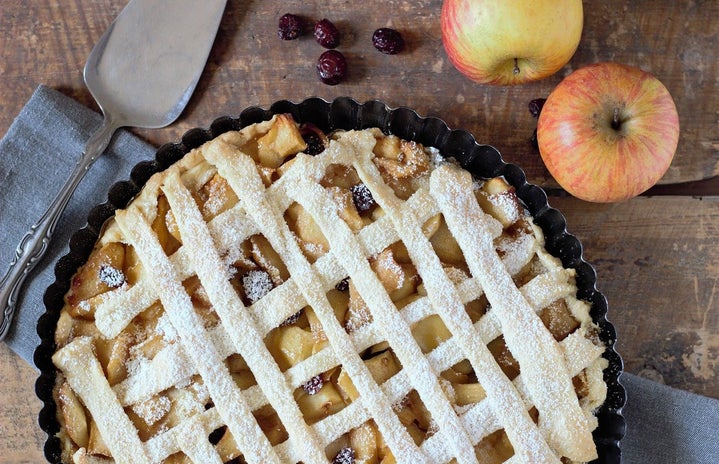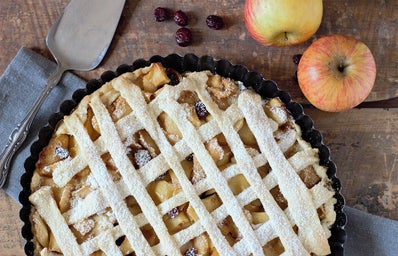Last week, I amassed a TikTok screen time of five hours. Actually, that’s a lie; it was eight hours. Roughly seven and a half of these hours were spent watching two Tiktokers in particular, @ballerinafarm and @naraazizasmith, who have become synonymous with the Tradwife wave. The other 30 minutes is reserved for @RessaTessa’s ‘Who TF Did I Marry’ series. I’m on part forty-five.
A Tradwife, for those living under a rock, is a newly coined term that describes a women who takes a submissive position to her partner in the household. She is usually conservative in her ideology, traditional in her style, and can whip up homemade cereal at any given moment. What is most impressive about a Tradwife, and potentially what’s also the most dangerous about the culture, is she does it all with a smile. The movement is posed as attainably-unattainable. It presents an extreme way of life, with high standards, whilst positioning itself as reasonable.
Though I have developed an appreciation for watching Hannah- ex-Juilliard ballerina, turned farmer, turned pageant princess, turned mother of eight- make mozzarella from scratch everyday, I think I would struggle to feign an interest in other aspects of the Tradwife lifestyle. Most definitely, the fashion that comes with it. I myself haven’t dressed conservatively since my Holy Communion, circa 2010. Even then, I’m sure I attempted to hem up my frock and removed my veil at the first opportunity.
So far, Tradwives in the media have been largely restricted to the US, optimising Trump’s America, and a regression to the post-war segregation of marital roles. Despite not yet having reached the high street, unless I’ve missed the aprons and twin pearls in Zara, the ever-growing number of women reaching for long, pleated skirts, skater dresses and kitten heels is a trend that nobody predicted for 2024. I should mention here that I completely believe that anyone, including traditional wives, should wear whatever they want to. However, the issue at play in Tradwife culture is that the expectations installed in the discourse are sometimes expected to extend to those outside of the community.
These standards also stretch way beyond fashion, with anti-abortion and anti-gay marriage rhetoric being regularly promoted by the women running the heavily subscribed to social media platforms.The danger is not in the aprons or the pearl necklaces themselves, but in what they might represent: a longing for a past that, for many, was not as idyllic as it is portrayed. It’s essential to question whether adopting the fashion of a bygone era might also mean inadvertently endorsing the social norms of that time.
I’m all for a nostalgic trend, sometimes compromising my morals along with it. I fully endorsed the revival of Juicy Couture, donning a pair of the joggers with ‘JUICY’ branded across the back, much to my year 9 PE teacher’s dismay. A return, however, to traditional fashion, initially repped in a time where neither @ballerinafarm nor @naraazizasmith were alive, suggests a selective romanisation of the past.
Behind the pin curls, a nuanced conversation has been brought to light about the complexities of embracing aesthetics from eras marked by less progressive values, especially when such styles are tied to broader ideologies. ‘Tradwife’ couture isn’t merely about fashion but about the messages we convey through our choices, consciously or not. I would suggest anyone planning to engage with the movement ask themselves: what shade of the American Dream will your floral print poodle skirt represent?


